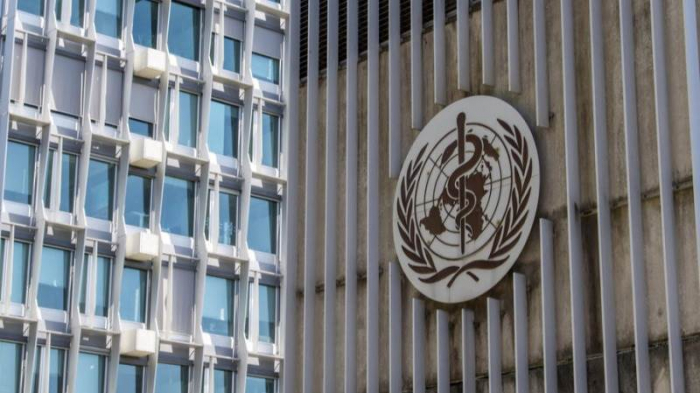In a statement, the international health organization said the virus "continues to adversely affect the health of populations around the world, poses a risk of international spread and interference with international traffic, and requires a coordinated international response."
Listing temporary recommendations to nations, the WHO advised to continue using "evidence-informed public health and social measures, therapeutics, diagnostics and vaccines" to stem the spread of the coronavirus.
While advising to "take a risk-based approach to mass gathering events by evaluating, mitigating and communicating risks," the WHO once again called on states to "to have at least 70% of all countries’ populations vaccinated by the start of July 2022."
Noting the enhancing of COVID-19 surveillance as one of the critical actions to take, the statement said countries "should strengthen systems to collect and publicly share indicators to monitor the burden of COVID-19, such as hospitalization rates, severe disease and excess mortality. "
It further urged countries to ensure that there is "sufficient surge capacity for critical SARS-CoV-2 clinical care and post COVID-19 condition."
"States parties should enhance access to health for all by strengthening health and social systems to cope with the impacts of the pandemic, especially on children," the statement added.
With the surge in reports of omicron variant cases, many countries initially applied bans to several African states.
In that context, the WHO called on states to "lift or ease international traffic bans."
"The failure of travel restrictions introduced after the detection and reporting of the omicron variant to limit the international spread of omicron demonstrates the ineffectiveness of such measures over time," it noted.
On vaccination against COVID-19, the WHO urged states to "recognize all vaccines that have received WHO Emergency Use Listing and all heterologous vaccine combinations" as per Strategic Advisory Group of Experts on Immunization (SAGE) recommendations.
It also advised to "conduct epidemiological investigations of SARS-CoV-2 transmission at the human-animal interface and targeted surveillance on potential animal hosts and reservoirs."
More about: WHO coronavirus
















































